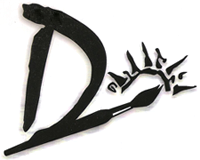The large rough burlap sack secured to my wrist by a short piece of twine dragged behind me on the sand.
Grasped in my small fist was a heavy long wooden pole, a nail embedded on the end. It was during the high heat of summer, clad in my cherry pink bathing suit, I scoured the shore barefoot.
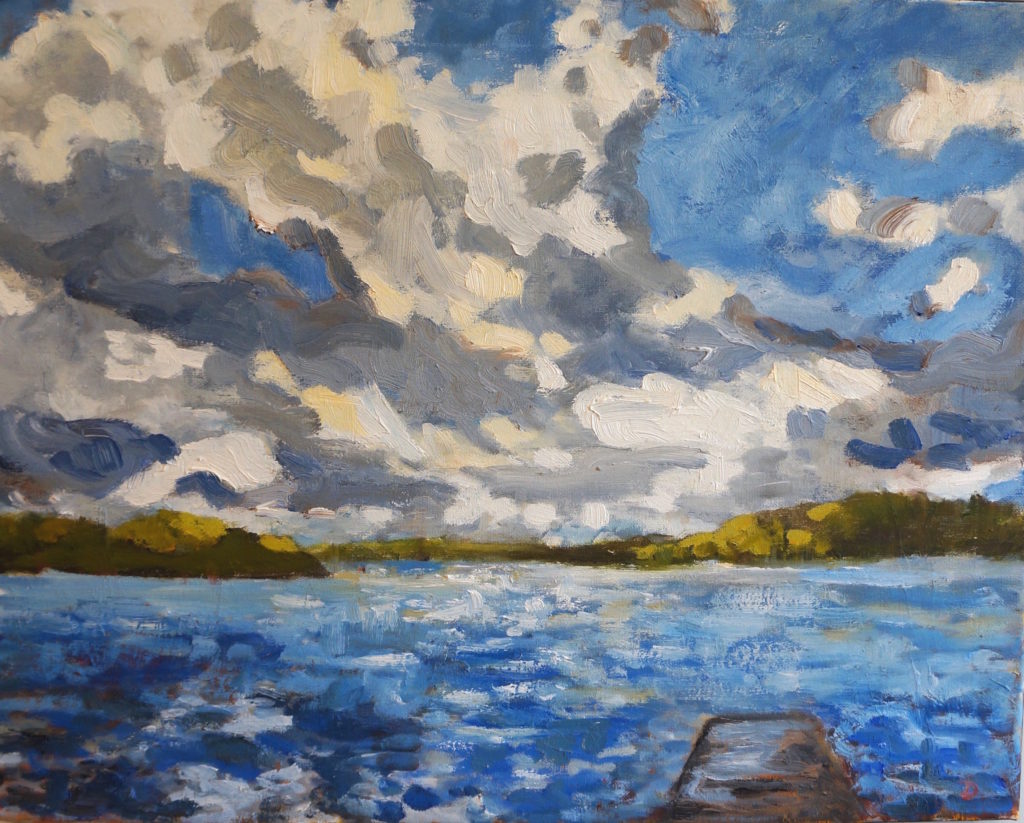
Beach go-ers frolicked nearby, the scent of tanning lotion, hamburgers and cigarette smoke clung to the air.
A part of the wilderness and wildlife we lived among, growing up in Provincial Parks we learned firsthand responsibility to each other, and nature. Protect, respect, live cohesively.
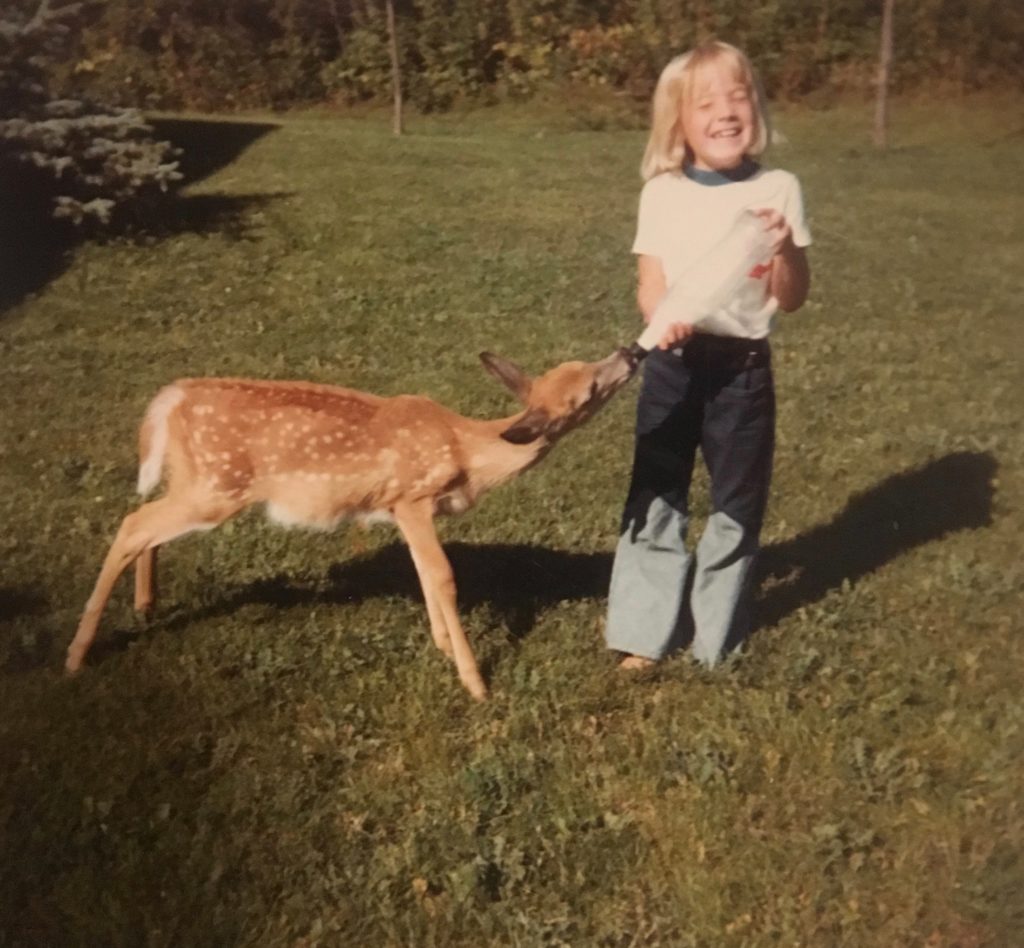
It was the mid 70s before littering was an offence and smoking wasn’t cool. During busy seasons, beaches, trails, and campgrounds became visitors personal trash dumping ground.
On this particular summer, park staff were on strike. While the garbage was oblivious to guests, and a statement to strikers, to my parents, it was an atrocity.
My Dad, the Park Supervisor, explained garbage would make the animals, birds, even the fish in our fresh water lake very sick. It would make the land & water sick, and disturb the delicate ecosystem in every way. We needed to act.
For days on end, my 7 year old brother and I used long poles to impale and collect trash to burlap sacks.
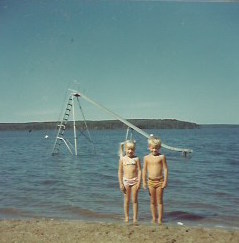
One group of adults found my activities novel, shouting derogative comments as I gathered my findings. A piece of trash flew into my vision as I shifted thru pure white sand to retrieve hundreds of cigarette butts.
“Here kid, another one for you. Ha!” They laughed in unison, finding pleasure throwing trash at a 6 year old tied to a burlap sack.
I remember them well, lounging on their blankets, oiled bodies glistening in the warm summer sun, discarded sunflower seeds scattered among them.
I ignored them as trash continued to fly toward me, but not before my icy stare caught the instigator in a short stand off. My brother scampered over to lead me to another part of the boreal forested beach, where we worked alongside.
These days, my parents wisdom still rings clear “We live here, and life privilege comes with responsibility.”
It’s easy to sit by and point obvious blame to those who disregard the state of our delicate earth, our home.
But human nature is a funny thing, even the word fight when used for positive change, can elicit defensiveness. Threats and visions of disasters can cause debilitating fear, producing a cowering urge to hide, deny, look away from scary images.
Our biological makeup requires resistance and run from threat.
The very language we use can create more friction when it’s a time for unity and problem solving of a situation to immediate and obvious to ignore. The circling term ‘earth in jeopardy for future generations’ stalls proactive action, because it gives the illusion of ‘time’. It won’t happen to me, it will happen to someone else.. down the road.
Having an intimate relationship with nature as a youngster meant by the time our family moved to town, our connection to wilderness ran deep and secure.
During my work presentations, exhibitions and expeditions, I meet people who have no understanding or experience in nature. People sadly deprived of parks, gardens, and others who believe nature is a holiday.
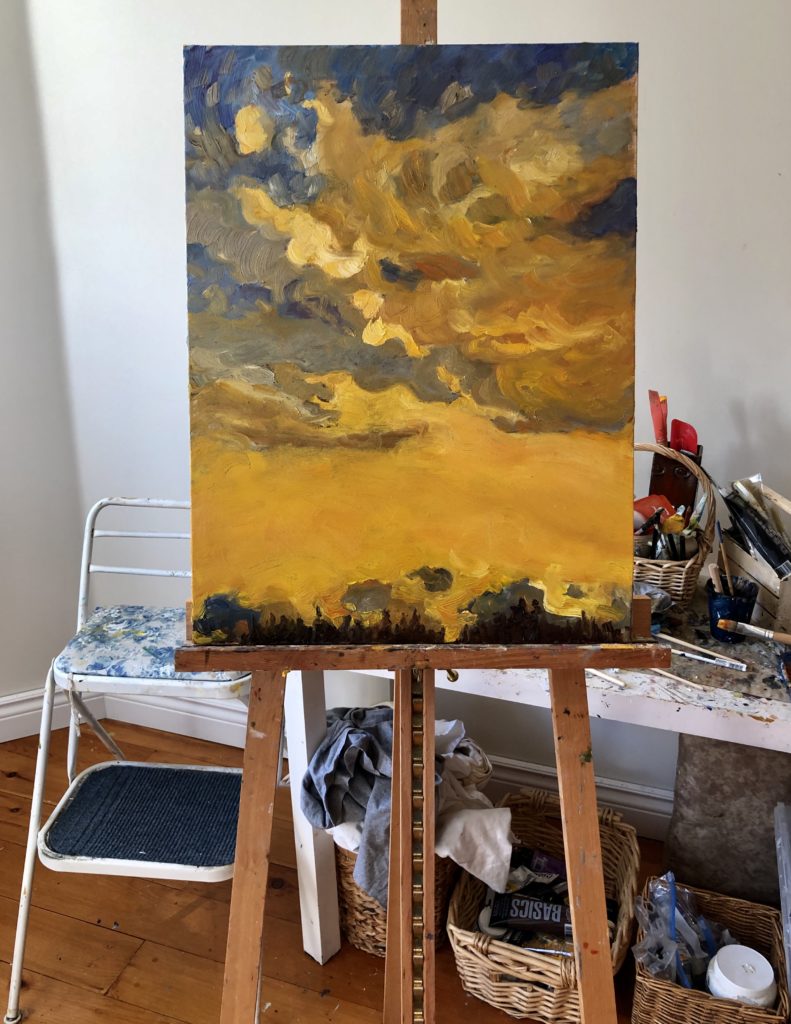
We live 90% of our lives indoors. How do we convince people to protect what they have absolutely no ( recognized) relationship with?
A friend working with species at risk said “we made a mistake using the polar bear as an icon. Most people will never see one, or come into contact with the arctic environment. It doesn’t seem real to them. ” We spoke about using the family pet cat instead. Imagine the heading “Betty, the orange tabby’s life is in jeopardy because of global warming.”
I understand enough to know my own ignorance, only to know at time when we need unity and solutions, I see division, fingers of blame, and hear warring words.
Positive language and action of protecting our universal home may spark innovation, problem solving at its best. Initiatives, growth, invention, gather, invite, commune, collaborate. We are humanity after all, we have cured diseases and taught ourselves to fly. We can do this.
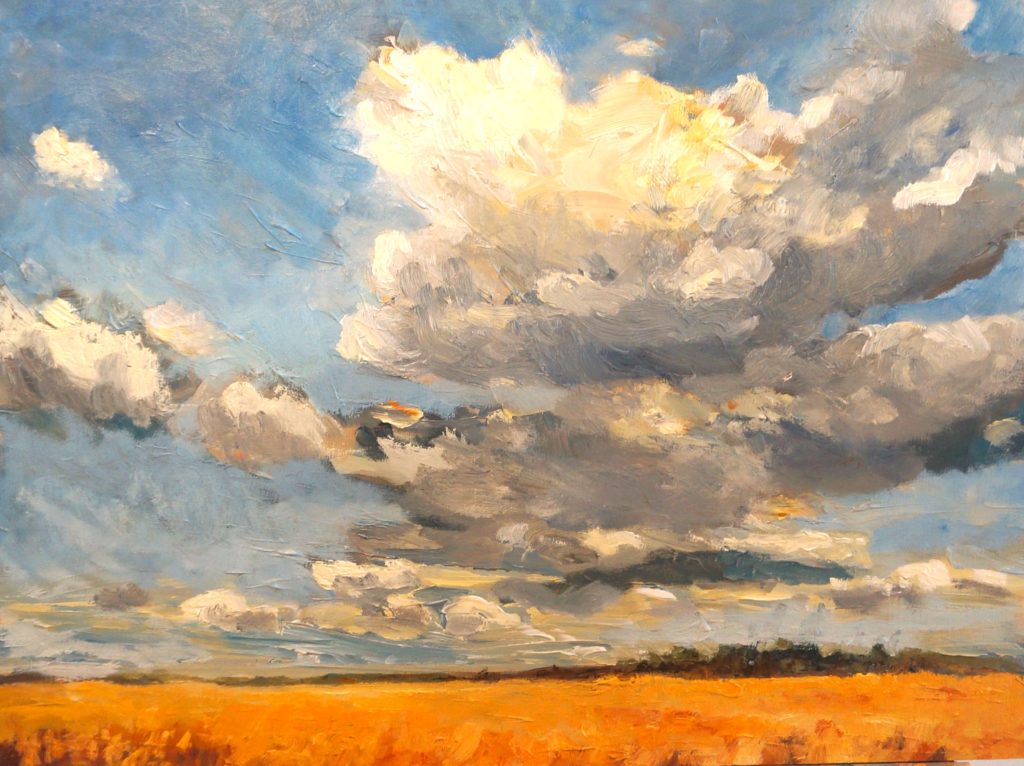
“There you have it folks, that’s a wrap.” said the newscaster after delivering the latest devastating climate science, leaving viewers terrified in their seats. That isn’t a wrap, I thought.
Humans are motivated by hope.
Where are the directives individually and collectively to create positive change? Where are the amazing images of incredible eco- friendly biodegradable products already developed? Where is that story? and why isn’t it going viral? What clean sustainable companies do we support, and list of products we refuse to collect? Where are the stories of bringing a strong nature element back into society?
Building a positive engaging relationship with nature creates an emotional connection. Thou it may be naive, I believe its a critical necessary step toward a deeper understanding of what nature provides and what’s at risk.
A strong relationship with nature is an investment we all reap the rewards from, our individual health, and our global health.
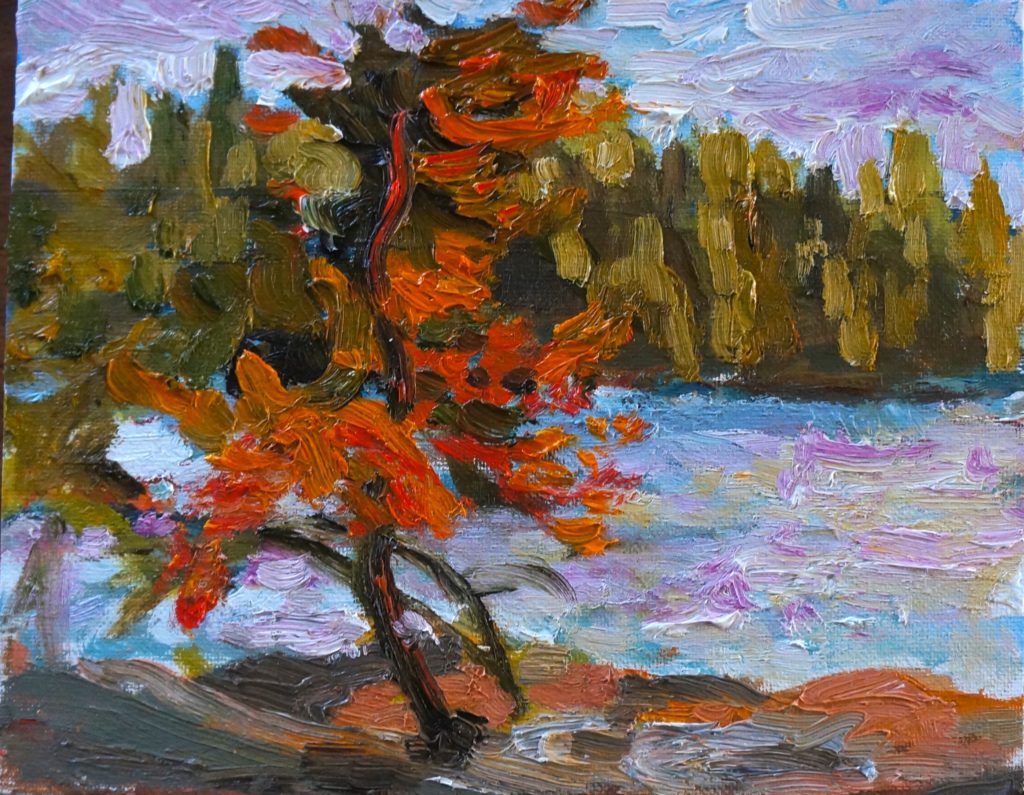
As a child on the beach that day, I watched holiday & weekenders depart for their camps and cars at dusk. Gulls flocked overhead searching for discarded French fries.
As the cigarette smoke cleared, quiet enveloped me and sunset shimmered over the lake.
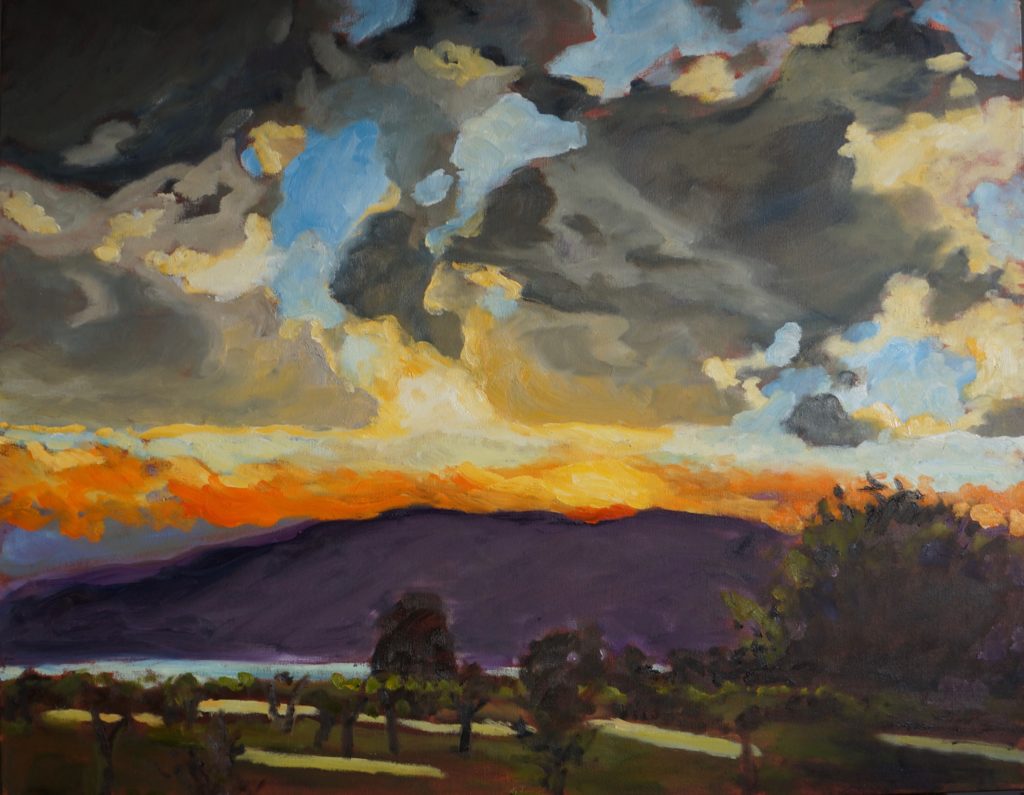
I remember feeling sad for them. Off to their busy noisy cities, they missed the best stuff.
An understanding that nature isn’t temporary at all.
Wilderness is the source of all life. Seen and unseen. The very reason they had cities, camps, cars, clothes and french fries lay beneath and around them. Forest, land, water, animals & plants.
The brilliant path of colour washed over me. I wished they could feel its vibrant energy and peace, offerings of nourishment, body and soul.
And wishing they too, could now breathe the fresh air.
~
Accepted to the Artists for Conservation in 2009, was a privilege, knowing artists are selected on the highest credentials of quality of work. An industry pro suggested I focus on animal art, like the majority of its members. “Its the one genre you can win awards in, and where the money is. People want to see elephants, deer and birds. Landscape artists are outdated.”
What could be more dated and current as habitat? Without habitat there is no wildlife, there is no life.
I contribute funds to World conservancy, and hope to remind people in my work in a powerfully emotional way, of our universal connection to nature. Fall in love with nature, renew a sense of belonging in the outdoors and we naturally become invested in protecting it.
“Keep close to nature’s heart.. and break clear away, once in awhile, and climb a mountain or spend a week in the woods. Wash your spirit clean.” John Muir.
~
All artwork above is available for purchase, email me dawn@dawnbanning.com
